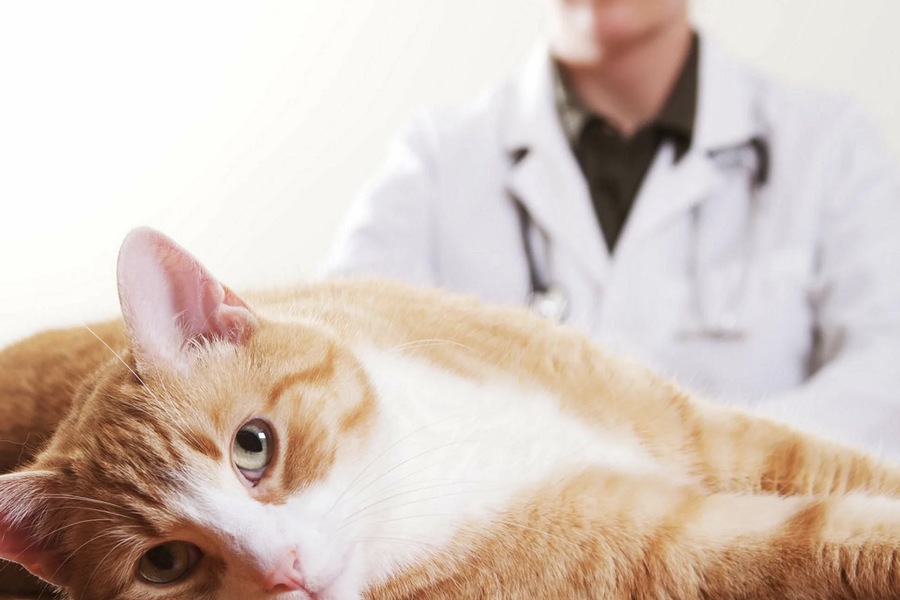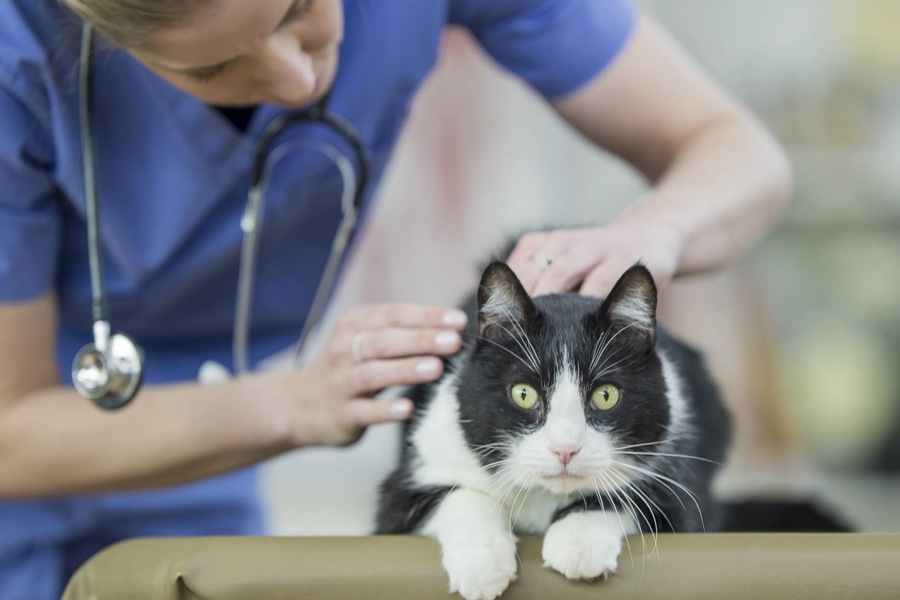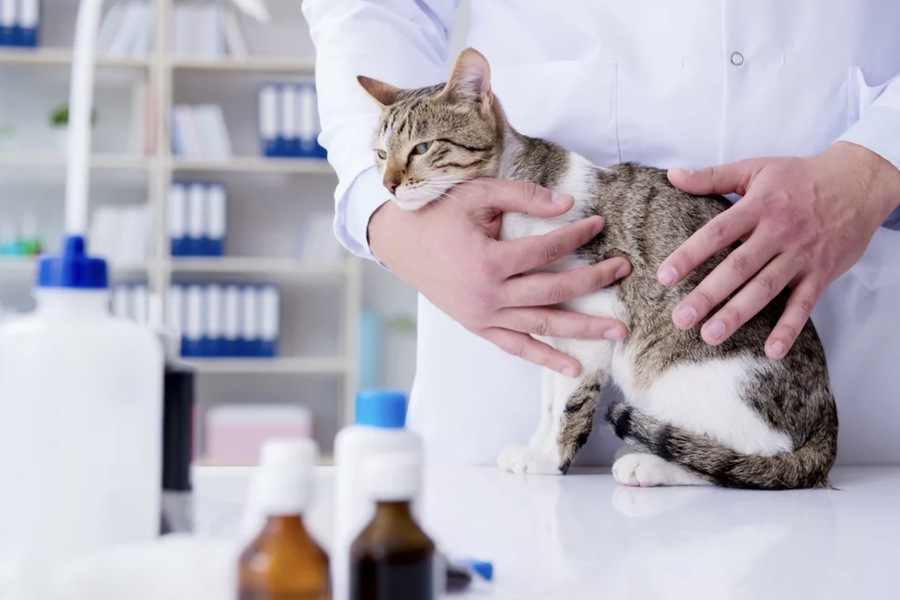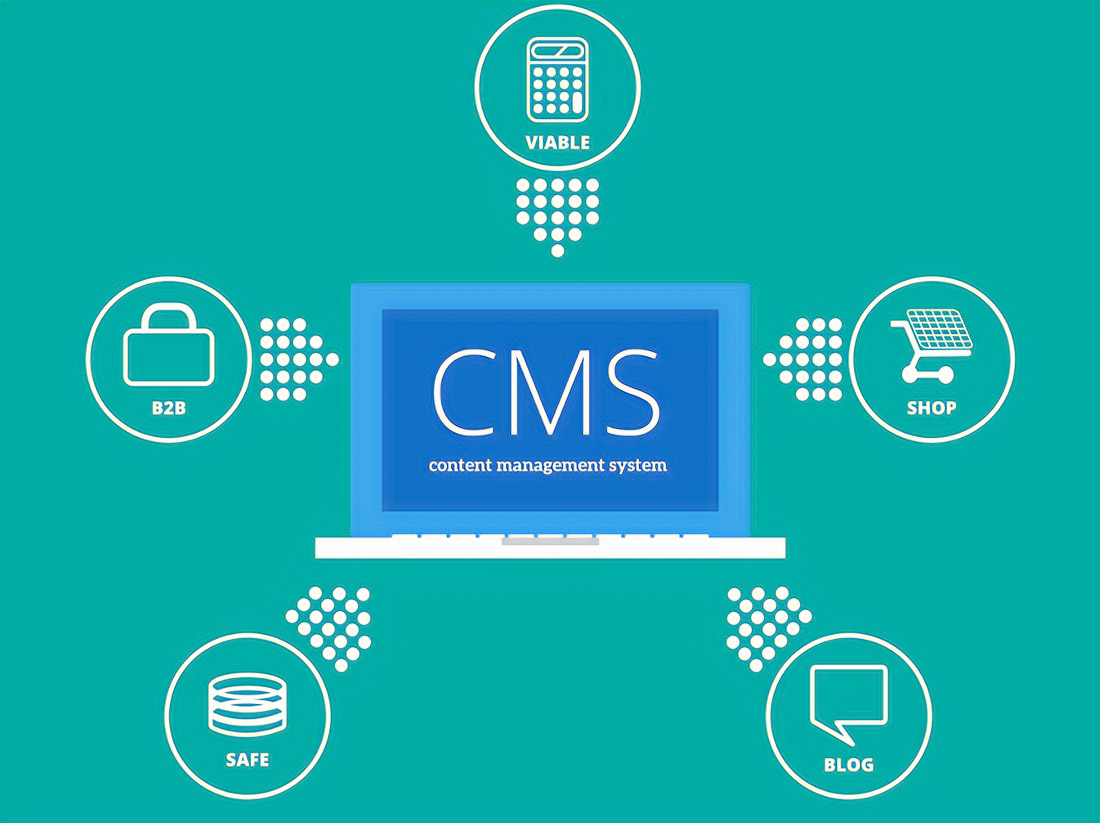Cats, like many pets, are susceptible to a variety of parasites, including worms. These parasites can cause significant health issues if left untreated, making worm treatment for cats a critical aspect of feline healthcare. Worm infestations can lead to symptoms such as weight loss, vomiting, diarrhea, and lethargy, which can severely affect a cat’s quality of life. Consequently, effective worm treatments are essential to ensure the health and well-being of cats.
Types of Worms Commonly Found in Cats
Before delving into treatment options, it’s important to understand the types of worms that commonly affect cats. The most prevalent types include roundworms, tapeworms, hookworms, and heartworms. Each type of worm has different modes of transmission and symptoms, requiring specific treatments to effectively eradicate them.
- Roundworms: These are the most common intestinal parasites in cats and can be transmitted through ingestion of contaminated food or soil, or through mother’s milk in kittens.
- Tapeworms: Often transmitted through fleas, these worms attach themselves to the cat’s intestines.
- Hookworms: These small, thin worms attach to the intestinal lining, causing blood loss and anemia.
- Heartworms: Although less common, heartworms can be fatal and are transmitted through mosquito bites.
Over-the-Counter Worm Treatments
Over-the-counter (OTC) worm treatments are available without a prescription and are accessible from pet stores, pharmacies, and online retailers. These products are designed to be easy to use and offer convenience to cat owners.

Advantages of Over-the-Counter Worm Treatments
- Accessibility: One of the main benefits of OTC treatments is their availability. Cat owners can purchase these products without a veterinary visit, making them a convenient option.
- Affordability: OTC treatments are generally less expensive than prescription medications, making them a cost-effective choice for routine deworming.
- Ease of Use: Many OTC treatments come in easy-to-administer forms, such as tablets, topical solutions, or flavored chews.
Common Over-the-Counter Worm Treatments
- Pyrantel Pamoate: Effective against roundworms and hookworms, this is a common ingredient in many OTC dewormers.
- Praziquantel: Frequently used to treat tapeworms, praziquantel can be found in various OTC formulations.
- Milbemycin Oxime: Although typically a prescription medication, some formulations are available, such as OTC for heartworm prevention.
Limitations of Over-the-Counter Worm Treatments
- Efficacy: OTC treatments may not be as effective as prescription medications, particularly for severe infestations or less common types of worms.
- Specificity: Some OTC treatments target specific types of worms and may not provide comprehensive coverage.
- Safety Concerns: Without professional guidance, there is a risk of incorrect dosing, potential side effects, or interactions with other medications.
Prescription Worm Treatments
Prescription worm treatments require a veterinary consultation and are typically recommended for confirmed infestations or high-risk situations. These treatments are tailored to the specific needs of the cat based on the type of worm, severity of infestation, and overall health of the pet.
Advantages of Prescription Worm Treatments
- Efficacy: Prescription medications are generally more effective, with a higher success rate in eradicating worms.
- Comprehensive Coverage: Many prescription treatments offer broad-spectrum coverage, targeting multiple types of worms.
- Veterinary Supervision: The involvement of a veterinarian ensures accurate diagnosis, appropriate medication selection, and correct dosing.
Common Prescription Worm Treatments
- Fenbendazole: Effective against a wide range of worms, including roundworms, hookworms, and some tapeworms.
- Emodepside: Often combined with praziquantel for broad-spectrum coverage against roundworms, hookworms, and tapeworms.
- Ivermectin: Commonly used for heartworm prevention and treatment, as well as for certain intestinal worms.
Limitations of Prescription Worm Treatments
- Cost: Prescription treatments are generally more expensive due to the cost of the medication and the veterinary consultation.
- Accessibility: Requires a veterinary visit, which can be inconvenient for some pet owners.
- Potential Side Effects: As with any medication, there is a risk of side effects, although these are usually mitigated by professional supervision.
Worm Treatment in Dubai and the UAE
In Dubai and the UAE, pet ownership is growing, and with it, the a need for effective pet healthcare solutions, including worm treatments. The region’s climate and environmental conditions can influence the prevalence and types of worms affecting cats. Therefore, it’s essential for cat owners in the UAE to be vigilant about worm prevention and treatment.
Accessibility of Treatments
Both OTC and prescription worm treatments are widely available in Dubai and the UAE. Veterinary clinics and pharmacies stock a variety of products, and there is also a growing market for pet care products online.
Regulations and Standards
The UAE has regulations governing the sale and use of veterinary medications, ensuring that both OTC and prescription treatments meet safety and efficacy standards. This regulatory framework helps protect pet owners and ensures that the products available are of high quality.
Professional Veterinary Services
Veterinary services in Dubai and the UAE are of a high standard, with many clinics offering comprehensive care, including diagnostic services for worm infestations. Veterinarians in the region are well-equipped to provide guidance on the best treatment options for cats.

Choosing Between Over-the-Counter and Prescription Treatments
When deciding between OTC and prescription worm treatments for cats, several factors need to be considered:
Severity of Infestation
For mild or routine cases, OTC treatments may be sufficient. However, for severe or recurrent infestations, prescription medications are typically more effective.
Type of Worm
Identifying the type of worm is crucial. While some OTC treatments offer broad-spectrum coverage, others are more specific. Prescription treatments, guided by a veterinarian’s diagnosis, ensure the right medication is used for the specific type of worm.
Cat’s Health and History
Cats with pre-existing health conditions or those taking other medications may require prescription treatments to avoid adverse interactions and ensure safe administration.
Convenience and Cost
OTC treatments offer convenience and cost savings, making them a popular choice for routine deworming. However, the cost of prescription treatments is justified by their higher efficacy and the added benefit of professional supervision.
Preventive Measures
Regardless of the chosen treatment, prevention is key in managing worm infestations in cats. Regular vet check-ups, maintaining good hygiene, and using preventive medications can significantly reduce the risk of worm infestations.
Regular Vet Check-Ups
Routine veterinary visits allow for early detection of worm infestations and timely intervention. Vets can provide tailored advice on preventive measures and the best treatment options for your cat.
Good Hygiene Practices
Maintaining cleanliness in your cat’s environment helps prevent worm infestations. This includes regular cleaning of litter boxes, feeding areas, and ensuring the cat’s bedding is kept clean.
Preventive Medications
Preventive medications, often available as monthly treatments, can help protect cats from common worms. These medications are usually prescription-based and offer comprehensive protection.
Conclusion
The choice between over-the-counter and prescription worm treatments for cats depends on various factors, including the severity of the infestation, the type of worm, and the cat’s overall health. While OTC treatments offer convenience and cost savings, prescription medications provide higher efficacy and professional supervision. In Dubai and the UAE, both options are readily available, supported by high standards of veterinary care and regulatory oversight. Regular veterinary check-ups and preventive measures play a crucial role in maintaining the health and well-being of cats, ensuring they remain free from harmful worm infestations.

Hiking addict, traveler, band member, Vignelli fan and independent Art Director. Working at the sweet spot between design and mathematics to save the world from bad design. Nothing ventured, nothing gained.



